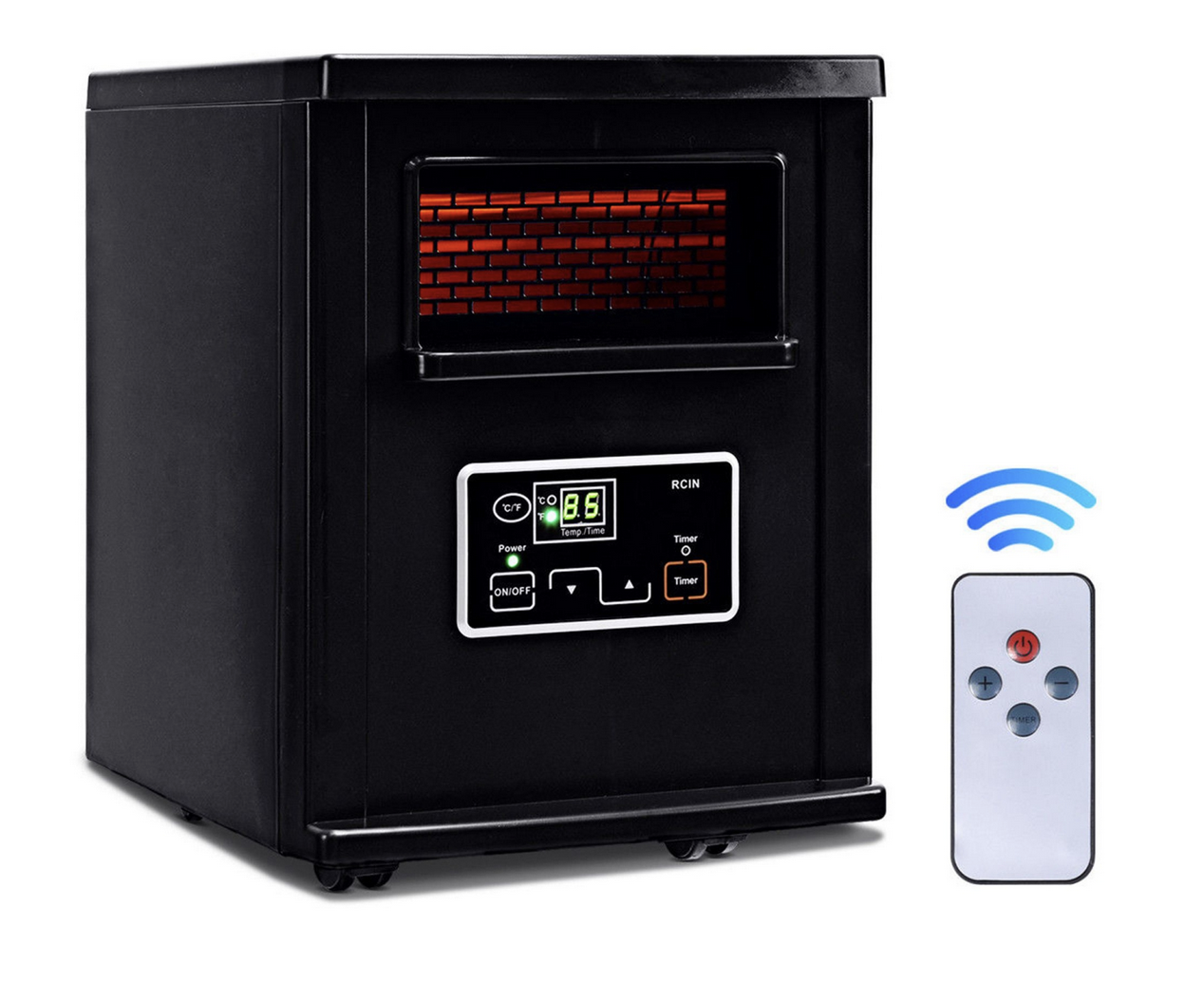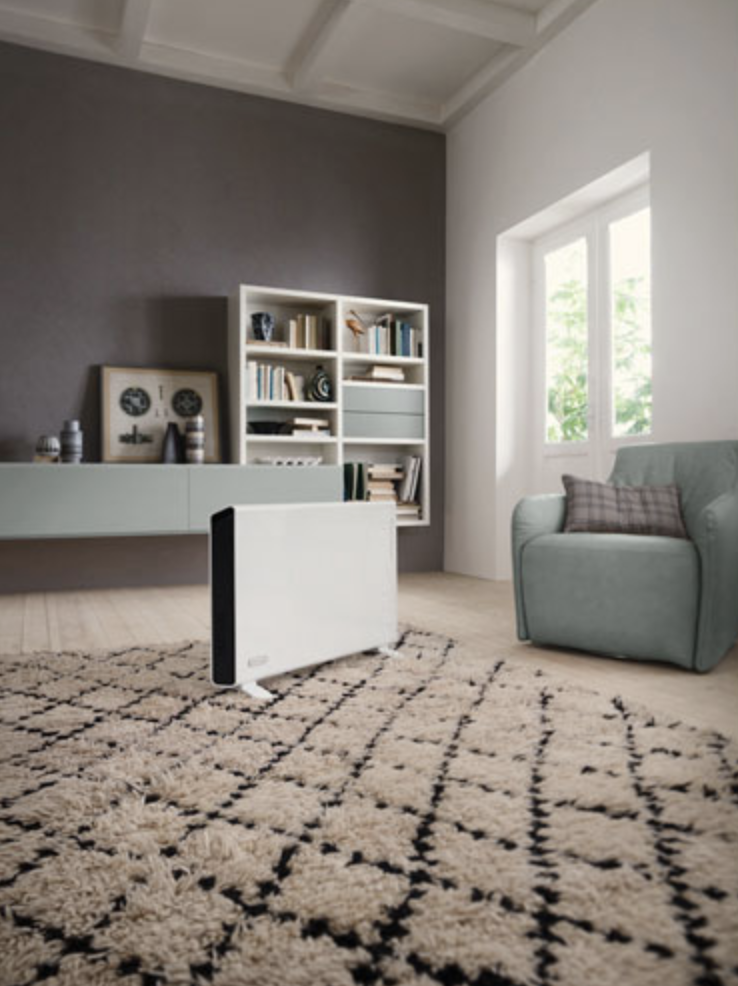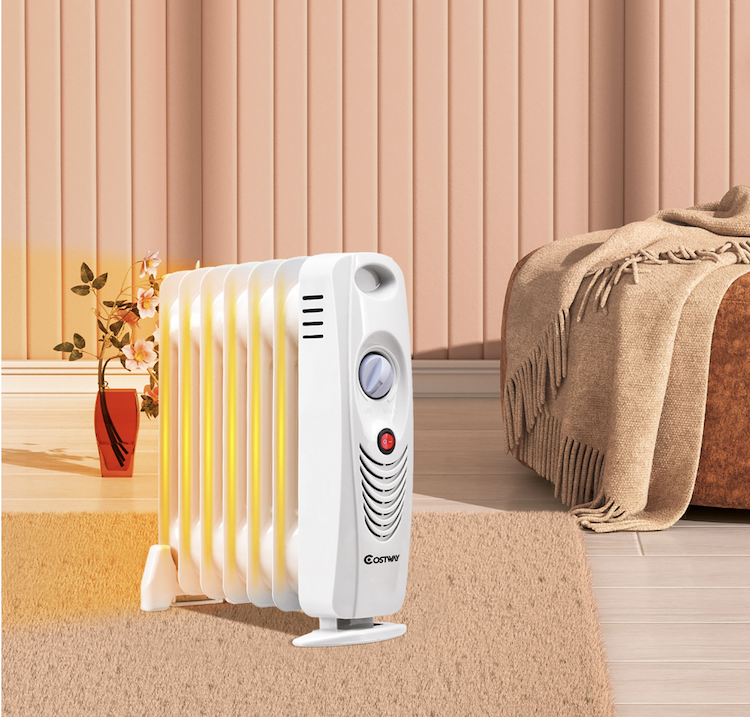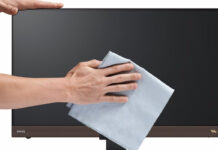
Winter is here, and for those with smaller living spaces, maintaining a warm and cozy environment becomes a top priority. If you’re in the market for a space heater, specifically one designed for smaller spaces, this guide is for you. From understanding your options to safety features and energy efficiency, let’s dive into everything you need to know to find the best space heater for small rooms.
Why size matters in a small room
In a smaller room, space is at a premium. Therefore, a small space heater that’s easy to move and store becomes indispensable. Compact models with a handle or wheels can be ideal. However, even in a small room, it’s crucial to ensure that the heater’s BTU rating is enough to efficiently heat the area.
Types of space heaters for small rooms
Not all space heaters are made equal, especially when it comes to heating smaller areas. The most common types that work well for smaller rooms are ceramic heaters, infrared heaters, and oil-filled radiators. Electric space heaters are often the most popular go-to choice for small rooms due to their convenience and quick heating abilities.
Key features to look for

Regardless of room size, safety should be a top concern when choosing a space heater. Look for features such as tip-over protection, automatic shut-off for overheating, and a cool-touch exterior. It’s better to invest a bit more for added safety features than to compromise and risk accidents.
Additional considerations:
- Energy efficiency: Opt for models that have an energy-saving mode or programmable timers to help reduce your electricity bill.
- Noise level: A quiet operation is crucial, particularly if the heater will be used in bedrooms or workspaces.
- Temperature control: A built-in thermostat or adjustable heat settings add to the unit’s versatility.
- Portability: Compact size, carrying handles, or wheels make it easier to move the unit around.
Tips for maximizing heater efficiency in small rooms
Getting the most out of your space heater involves more than just plugging it in and turning it on. Proper placement and maintenance are key factors that can greatly impact your heater’s efficiency, especially in a small room. Below are some tips to help you maximize the performance of your space heater:

- Proper placement: Always place your heater on a stable, non-flammable surface like tile, hardwood, or concrete. The area should be free from furniture, drapery, and other flammable materials, and ideally, as close to the centre of the room as possible. This not only ensures safety but also allows the heater to distribute warmth more evenly.
- Close doors and windows: Keeping doors and windows closed helps contain the warmth, making it easier for the heater to maintain a consistent temperature. This is particularly important in small rooms where heat can escape quickly.
- Clean regularly: Dust and debris can accumulate in the filters or heating elements of your space heater, reducing its efficiency. Make it a point to clean the filters regularly, as per the manufacturer’s guidelines. This can be as simple as a wipe-down or might involve disassembling parts of the heater for a more thorough cleaning.
- Use a timer or programmable thermostat: If your heater has a timer or a programmable thermostat, use these features to your advantage. They can automatically turn off the heater once the desired temperature is reached, thereby saving energy.
- Ceiling fan trick: If you have a ceiling fan, consider running it at a low speed in reverse (clockwise) to help circulate warm air throughout the room. This can make the heater more effective.
- Monitor humiditylevels: Dry air tends to feel colder. Consider using a humidifier in tandem with your space heater. A more humid environment can help maintain a comfortable temperature.
- Insulate the room: Make sure there are no drafts coming from windows or doors. Use draft stoppers or heavy curtains to keep the cold air out and the warm air in. Insulation can make a noticeable difference in how effectively your heater performs.
- Avoid overloading circuits: Make sure that your heater is plugged into an outlet without other high-wattage appliances. Overloading circuits can not only be a safety risk but can also make your heater work less efficiently.
By incorporating these tips, you can make your space heater work more efficiently, helping you stay warm while potentially saving on energy costs.
Frequently Asked Questions
Q: Can small space heaters be energy efficient?
A: Yes, look for models with energy-saving features like programmable timers and adjustable thermostats.
Q: Is it safe to leave a space heater on overnight?
A: Generally, it’s not recommended unless the heater has comprehensive safety features and you’ve read the manufacturer’s guidelines.
Q: How do I calculate the BTU needed for my room?
A: You can find BTU calculators online. The room’s size, insulation, and outdoor temperatures are factors to consider.

When you’re ready to make a purchase, there are multiple avenues to explore for finding the perfect small space heater for your needs. Remember to consider key features, safety, warranty options, return policies, and customer support. These factors can make a significant difference in your overall satisfaction with your small space heater.
This article was drafted using AI technology and then reviewed, fact-checked, and revised by a member of our editorial team.





